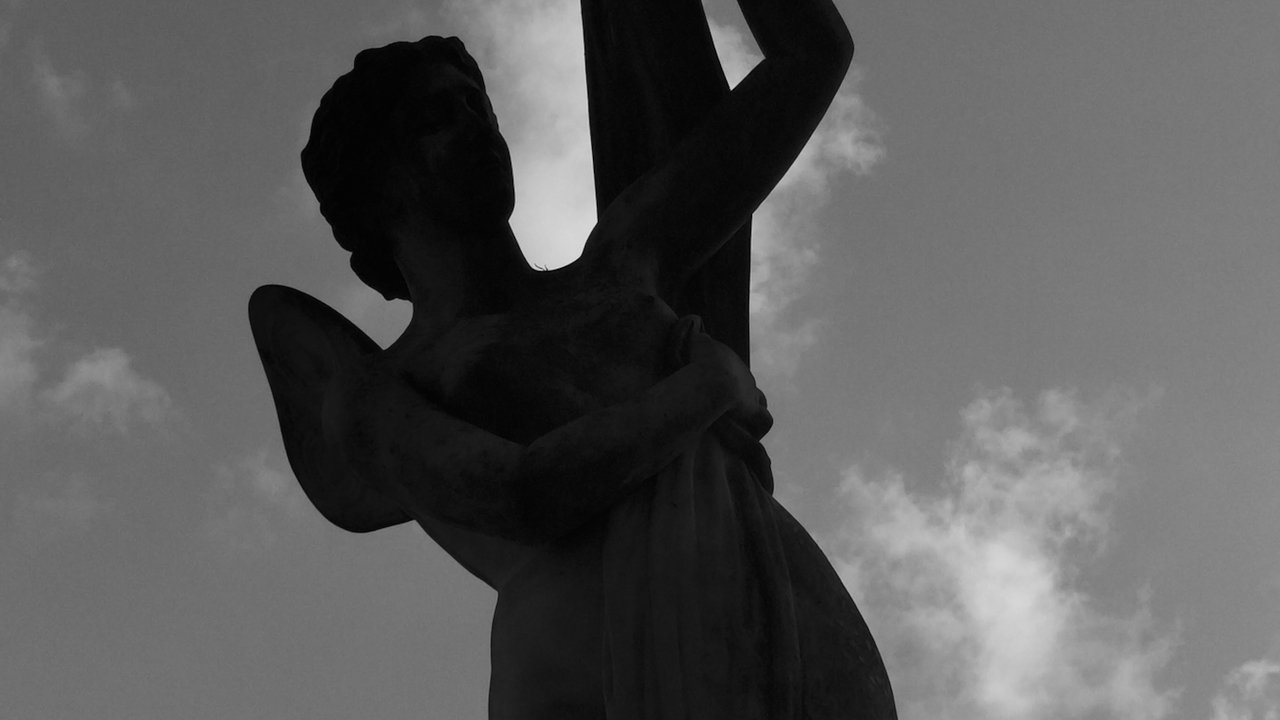Winter of Discontent
Here we have the rise, machinations, and collapse of a kingdom.
Istanbul 2013
In this winter of our discontent, let’s begin with blasphemy:
Cold fearful drops stand on my trembling flesh.
What do I fear? Myself? There’s none else by;
Richard loves Richard, that is, I am I.
Is there a murderer here? No. Yes, I am!
Here we have Richard III speaking in Act V of his eponymous play. The blasphemy isn’t in the lines above, but in my assertion that these lines are some of the worst that Shakespeare ever wrote. These lines—together with the much longer passage that I’ve spared you from—fall flat in what’s otherwise one of his better plays, and this week has me more intrigued to discover why.
I can echo the inimitable Harold Bloom, who writes about this passage in Shakespeare: The Invention of the Human:
…no actor can salvage Richard from sounding silly in this staccato outburst. We can see what Shakespeare is trying to accomplish when we study the speech, but we cannot do for the poet what he has not yet learned to do for himself.
Learned is the key word in those sentences. Richard III is an early play: Romeo and Juliet, Henry V, Julius Caesar, Hamlet, Othello, Macbeth, and King Lear all came later. In Richard III, we have the younger, unripe, not yet fully-polished Shakespeare.
In those lines that I’ve quoted we do sense how Shakespeare wanted to voice Richard III’s thoughts; it’s obvious that he wanted a wicked and despicable internal monologue to spew outward, for the audience to inhabit Richard III’s repulsive mind. The problem: there’s nothing worth discovering inside that vapid mind. For most of the performance, Richard III is pure emotion, a mere expression of impulse and drive and reaction. He’s diabolical and that darkness swallows the stage, but there’s nothing underneath the wickedness. He’s the anti-Hamlet, a figure without forethought, and with only external characteristics. If you peel away the vile crust atop Richard III, you simply discover that he’s empty inside.
Yet recent events have nudged me toward reevaluating my judgement of those lines and of the vacuousness inherit to Richard III. As I’m reminded this week of the rise, machinations, and collapse of a kingdom, perhaps Shakespeare, once again, had it right all along.
Most notable characters in Shakespeare have challengers for prominence on the stage, rivals to their personalities, contrasts to illuminate their strengths and flaws—Othello has Iago, King Lear has Edmund, even Hamlet has Claudius. Richard III, however, is the only character in Richard III. From the beginning to the end, the play is his; everyone else is a mere witness to his madness, irrationality, and demise.
I last saw a theater performance of Richard III in Brooklyn about eight years ago, where Kevin Spacey portrayed Richard III, and where the production attempted to balance his character’s dominance by boosting the prominence of several secondary characters—but the asymmetry remained. They attempted to thwart Richard III’s monopoly over the stage, but Richard III always reigns over his own play.
It’s notable that few productions of Richard III ever actually perform the text as written, too, as the original is hilariously long, with the downfall of the King a seemingly endless affair. Richard III the character is a gravitational force that shoves the entire production into greater and greater madness—perhaps giving just faint hints of 2020 for those still comparing.
Another curious fact is that Richard III is typically classified as a history. Most scholars don’t put this play in the tragedy category. Nothing cathartic comes from the downfall of a madman; there’s no redemption, no tragic flaw, no suffering from misfortune. This play, instead, is mere reporting, Shakespearean journalism of power, folly, and decline.
Here’s a compliment that might read like an insult: Shakespeare was a hack, a tradesman in words, closer in identity to the streets than the palaces. His audiences recognized the fine distinctions of the War of the Roses as we recognize the political intrigues of this long November.
In the foolishness of today, those who say that Shakespeare is for elitists are themselves a somewhat emaciated elite. But there was a time, not long past, when he was the people's poet and playwright, as he had been in his own day.
That’s Christopher Hitchens writing about Susan Sontag’s observation of the ubiquity of Shakespearean theaters in the 19th century; the language of the stage, at the time, flowed into the population much like a popular series would today.
So what’s Richard III’s peculiar charm? Why does this play continue to fascinate and beguile? How does this play even offer new interpretations in the modern age?
Every new performance of Richard III does lift the hurdle of what’s obscene: actors portray him as hideous, abhorrent, appalling, striving to exceed the previous mark. He’s almost always played as a deformed, repulsive figure; a character that sounds hateful and creepy and odious. In all that malevolence, audiences lean closer. In city centers across the country, the genteel class finds themselves both enthralled and outraged; they watch act after act, as Richard III piles victims upon the stage. There’s shock, horror, and fascination at his depravity. Yet there’s nothing underneath that facade of abominable behavior. Audiences appear astonished, they gasp, they look away, but they turn right back to the stage. There’s a lesson for November of 2020 here, as we recall how these audiences can’t look away from their own outrage, covering their eyes, but peeking through their fingers, simply unable to repress the urge to glimpse the monster that they paid to see.




